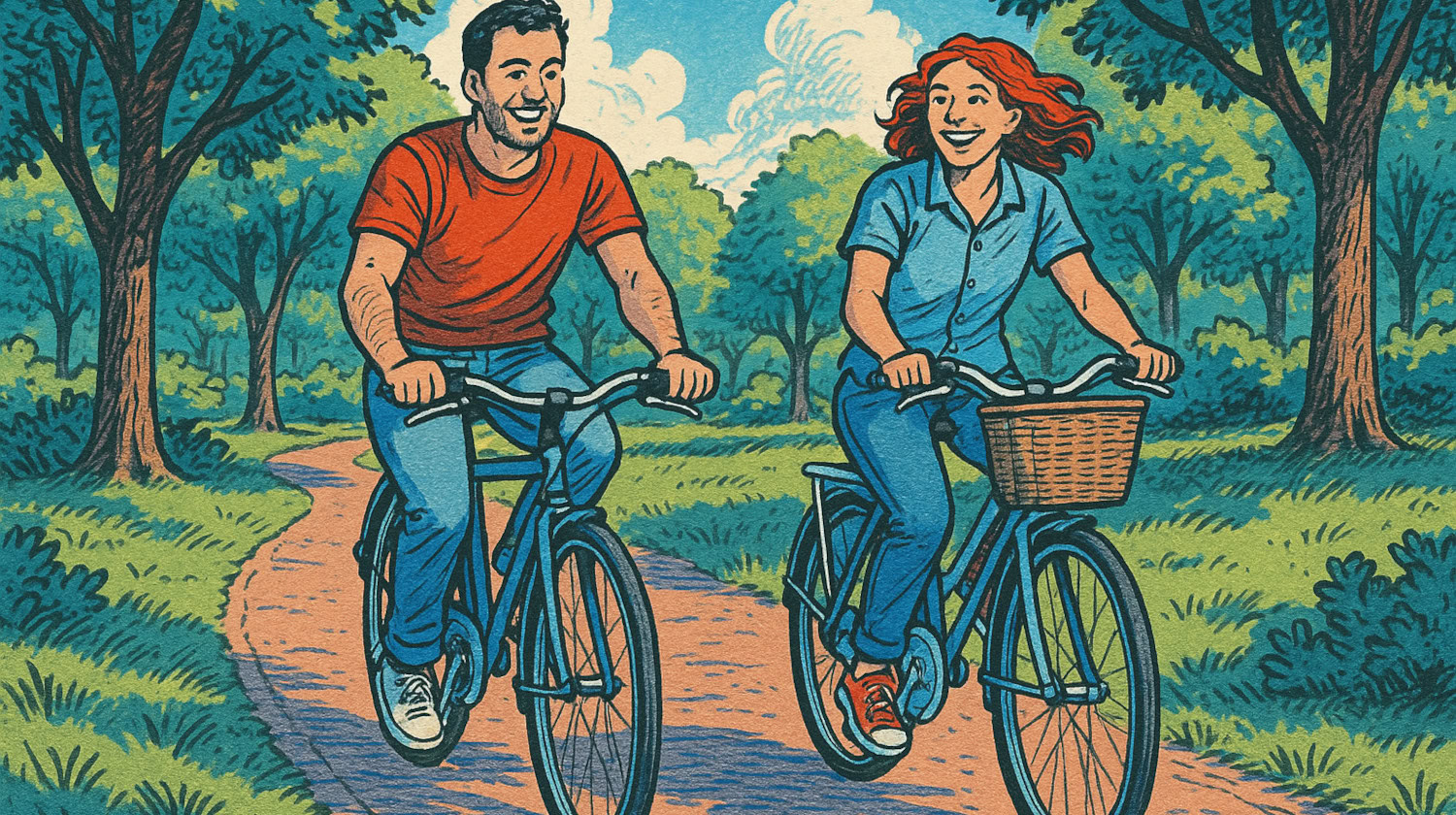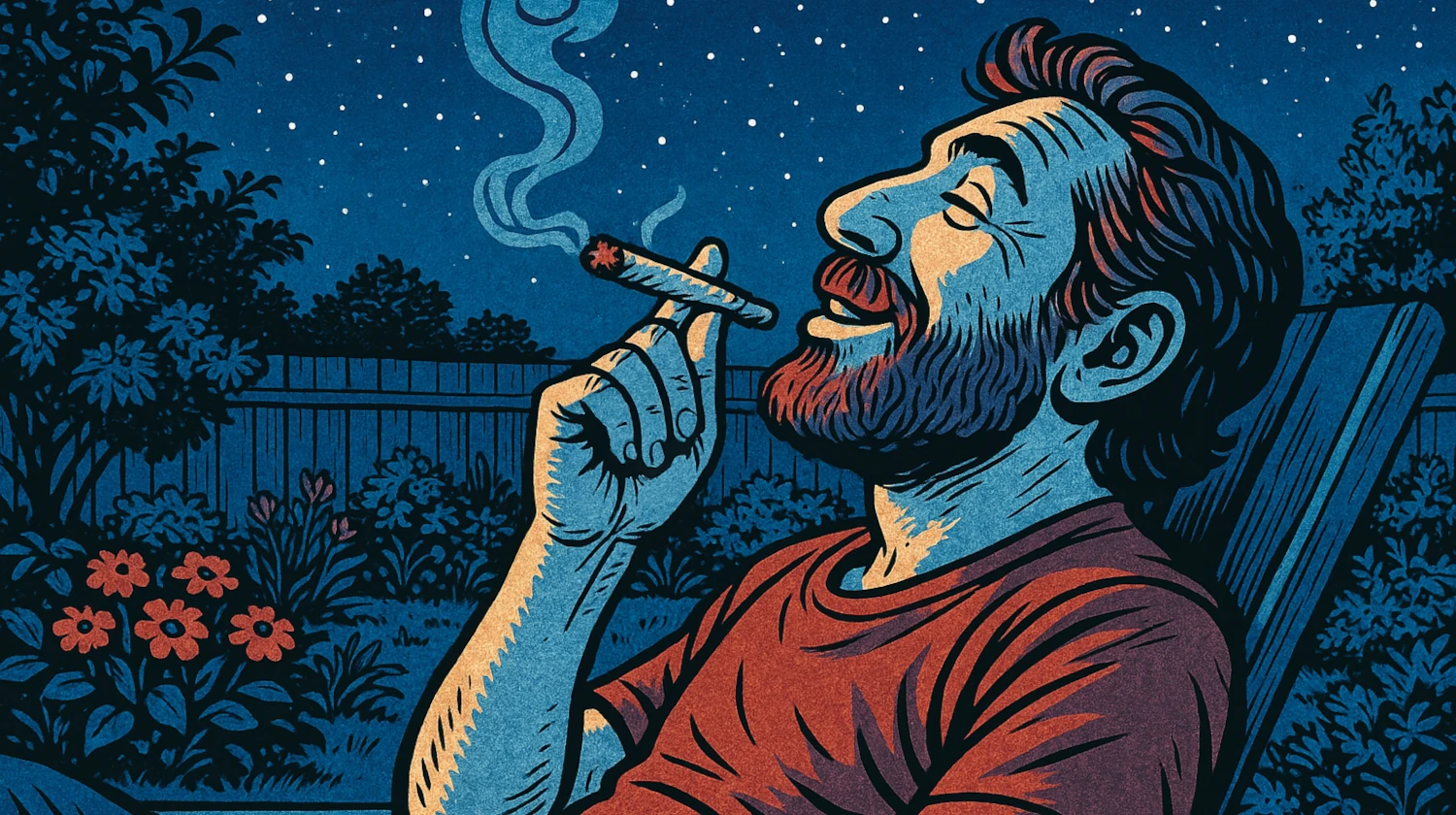Key Takeaways
- “Edible Vertigo” is the feeling of spinning or disorientation after consuming edibles.
- Edibles might cause dizziness due to various factors including, potency, ingredients, and effects on the body.
- Knowledge, preparation, and proper dosage, can help reduce or prevent dizziness from edible consumption
Edibles have become an increasingly popular method of cannabis consumption due to the wide variety of infused foods, drinks, and candies available, as well as their general ease of use. Many users also prefer edibles as a long-lasting and more discreet way to consume cannabis compared to other methods like smoking or vaping. However, while edibles can provide a more measured and discreet experience, some users report feeling off-balance and wondering how to stop dizziness from edibles.
There are a few tips and tricks to reduce or prevent “edibles vertigo,” or dizziness from edibles, but first it’s important to understand how edibles work and the reasons you may experience different reactions from them.
How Edibles Work
Edibles are food products that contain varying concentrations of cannabinoids. Tetrahydrocannabinol, or THC, is a cannabinoid popularly known to produce a psychoactive or “high” effect. When consumed, THC interacts with your body’s endocannabinoid system by binding to receptors in place of your own endogenous cannabinoids.
Because the endocannabinoid system influences numerous bodily processes, including emotion and coordination, this interaction can produce varied effects. These effects are further influenced by quantity and method of consumption (among other factors).
Edibles are generally considered a healthier form of cannabis consumption and are more discreet than most other methods. Consuming edibles differs from smoking in that the onset of effects can range from 1 to 3 hours, compared to the minutes it takes with smoking. The reason for the lengthy onset time is due to how edibles are processed by your body. When consumed orally, THC must pass through your digestive system before it is metabolized by the liver.
How Long Do Edibles Take to Kick In?
The liver then converts THC to 11-hydroxy-THC, which may be 2 to 3 times stronger than typical THC. Combined with a slow metabolic process, not only do the effects of oral THC last longer, but they often feel more potent than smoked THC.
Because the cannabinoids in edibles must pass through your digestive system before being metabolized in your liver, the effects of edibles take approximately 1 to 3 hours to kick in.
What Are Signs I Overdosed on Edibles?
These factors can lead to overconsumption and, as a result, unwanted side effects. Signs of consuming too many edibles can range from headache, dizziness, raised heart rate, anxiety, panic, and stomach-related symptoms like nausea or vomiting.
Other potential side effects of edibles include:
- Dizziness
- Anxiety
- Raised blood pressure
- Nausea
- Panic or paranoia
- Interaction with certain medications
Why Do Edibles Make You Dizzy?
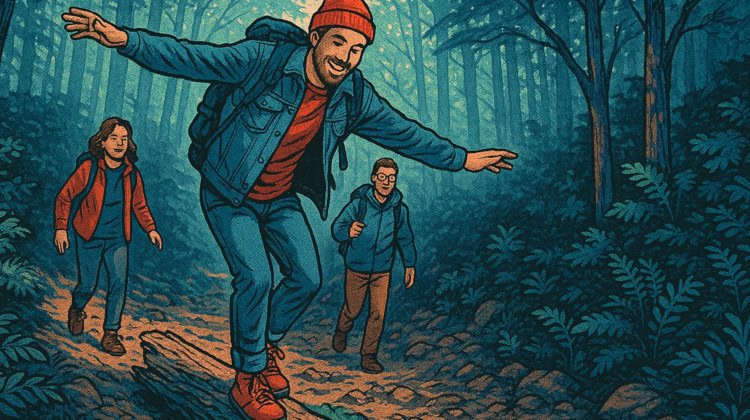
There are a number of reasons that eating edibles might cause dizziness, including:
- Metabolism: When eaten, THC is metabolized by the liver as 11-hydroxy-THC, which is more potent than typical THC. A 2018 study notes the higher ratios of 11-hydroxy-THC to THC after oral cannabis use.1
- Low tolerance: The frequency with which you use cannabis and the amount consumed can both have an impact on how THC affects you. When you are new to using cannabis, an “average” dose may be too strong, leading to dizziness and disorientation.
- Medication interactions: Cannabis has the potential to alter the way certain drugs and health products work on your body. A 2020 journal article notes that when combined, certain medications may increase levels of cannabinoids. In other cases, combining cannabis with substances like alcohol could increase the chances of negative additive effects.2
- Certain terpenes: Although further study is required, myrcene and other terpenes can impact the way that THC and other cannabinoids are absorbed by your body, potentially increasing or decreasing their psychoactive effects.3
- High amounts of THC: Edibles containing THC, especially those with high doses, typically cause psychoactive effects that may affect coordination, which could lead to dizziness. In some studies, CBD has been found to reduce certain negative effects of THC, although more research is called for.4
- Blood pressure and heart rate: Consuming cannabis can affect heart rate and blood pressure in some consumers. A 2021 journal article studied cases of increased heart rate after cannabis use, and found a lower incidence of tachycardia when associated with edible cannabis products.5
- How you’re feeling: Your high can be affected by your current state of mind or body, including when you’re feeling anxious, stressed, and even hungry. These feelings could be exacerbated if you are new to edibles or consume a large dose of cannabis.
- Sensory perception: Using cannabis affects your senses and changes the way your body perceives the world around you; colors may become more vibrant, sounds louder, smells might become more intense, and so on.6 This sensory overload can make it difficult for your brain to maintain balance, potentially causing dizziness.
Edibles Vertigo: What is It?
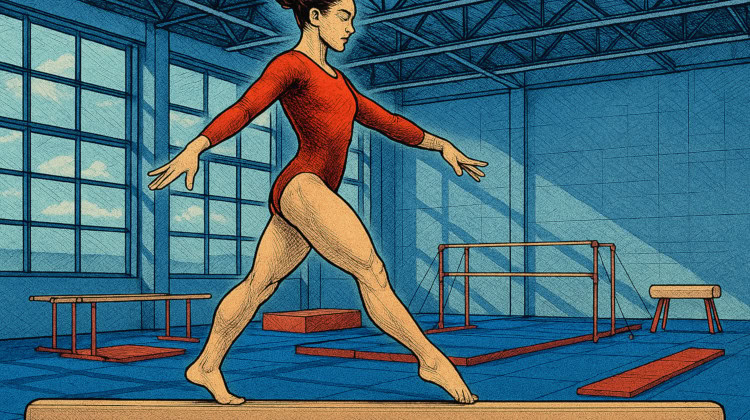
Vertigo typically feels like you are off balance while the world is spinning around you. It is caused by either a neurological problem or an inner ear disorder. Dizziness is sometimes described in a similar manner, but it differs in that it typically does not involve a sensation of movement. Rather, dizziness is characterized by lightheadedness and a feeling of being off balance.
Sometimes people describe an effect called “edible vertigo” after using oral cannabis. This feeling of spinning or disorientation after consuming edibles can be caused by varjious factors inlcuding changes in blood pressure, heart rate, or coordination. This feeling of edible vertigo is usually temporary, although it may be more serious for someone already at risk for vertigo.
How to Stop Dizziness from Edibles
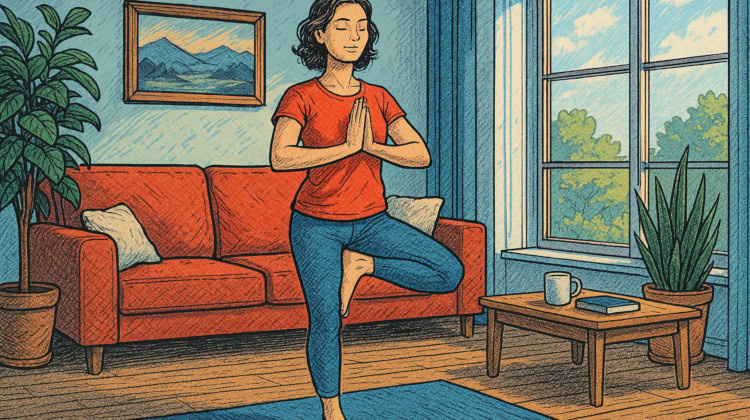
With knowledge, preparation, and the right dosage, you can often reduce or prevent dizziness from eating edibles. Certain tactics can help, including:
- Know your dose: Make sure you’re aware of the edible’s potency, the dose you want to consume, and potential onset time (1-3 hours). And remember that edibles can produce stronger effects than smoked cannabis. So even if you are an experienced cannabis user, consider reducing your usual dosage when consuming edibles to avoid feeling too high.
- Start low and go slow: Consume an appropriate dose for your tolerance. If you are a new cannabis user, start with a lower dose or a microdose. If you find you are consuming higher amounts of edibles and would like to consume less without reducing its effect, you might want to take a tolerance break.
- Be conscious: Cannabis can change the way other medications and supplements work with your body. If you are taking any medications, consult with your doctor before consuming edibles to make sure you are not risking any potential adverse drug interactions.
- Get educated: Pay attention to the cannabinoid and terpene profile of the edibles you are consuming. If available, note any prominent terpenes contained within the edible and research their potential effects.
- Mix up your cannabinoids: Use edibles that contain other cannabinoids in addition to or besides THC to make use of the entourage effect. Edibles containing higher amounts of CBD might produce fewer undesirable effects.
- Get comfortable: Don’t move or stand up too quickly when you consume edibles, especially after you feel the onset of effects. Plan ahead by making sure you have water, snacks, and a comfortable location to enjoy your high.
- Consider the effects of CBD: In some cases, CBD has been found to mute the unwanted effects of THC, including dizziness. Though CBD is non-intoxicating, it occasionally may cause lightheadedness in some users. CBD can also affect your blood pressure. More research is required to determine whether CBD can cause or prevent dizziness or vertigo.
- Avoid certain terpenes: Certain terpenes are believed to increase the effects of cannabis. If you experience dizziness after eating edibles, consider avoiding products with high levels of myrcene, pinene, linalool, limonene, and caryophyllene.
- Make sure your edibles are fresh: Cannabinoids in edibles can degrade over time, which can cause reduced potency. THC can convert to CBN, which could cause increased drowsiness and potential dizziness.
While dizziness may not be common outcome of eating edibles, it can happen. Knowing what to expect and how to mitigate any disorienting effects can help make your experience with edibles beneficial and enjoyable.
Keeping these tips in mind, edibles can be an easy-to-use method of consuming cannabis, especially with the variety and availability of products, from gummies and infused drinks to savory snacks.
References
- Schwilke, E. W., D. M. Schwope, E. L. Karschner, R. H. Lowe, W. D. Darwin, D. L. Kelly, R. S. Goodwin, D. A. Gorelick, and M. A. Huestis. 2009. “9-Tetrahydrocannabinol (THC), 11-Hydroxy-THC, and 11-Nor-9-Carboxy-THC Plasma Pharmacokinetics during and after Continuous High-Dose Oral THC.” Clinical Chemistry 55 (12): 2180–89. https://doi.org/10.1373/clinchem.2008.122119. ↩︎
- Antoniou, Tony, Jack Bodkin, and Joanne M.-W. Ho. 2020. “Drug Interactions with Cannabinoids.” CMAJ 192 (9): E206–6. https://doi.org/10.1503/cmaj.191097. ↩︎
- Surendran, Shelini, Fatimah Qassadi, Geyan Surendran, Dash Lilley, and Michael Heinrich. 2021. “Myrcene—What Are the Potential Health Benefits of This Flavouring and Aroma Agent?” Frontiers in Nutrition 8 (July). https://doi.org/10.3389/fnut.2021.699666. ↩︎
- Freeman, Abigail M., Katherine Petrilli, Rachel Lees, Chandni Hindocha, Claire Mokrysz, H. Valerie Curran, Rob Saunders, and Tom P. Freeman. 2019. “How Does Cannabidiol (CBD) Influence the Acute Effects of Delta-9-Tetrahydrocannabinol (THC) in Humans? A Systematic Review.” Neuroscience & Biobehavioral Reviews 107 (December): 696–712. https://doi.org/10.1016/j.neubiorev.2019.09.036. ↩︎
- Hendrickson, Robert G., Adrienne R. Hughes, Shana G. Kusin, and Annette M. Lopez. 2021. “Variation in Heart Rate after Acute Cannabis Exposure.” Toxicology Communications 5 (1): 88–92. https://doi.org/10.1080/24734306.2021.1903777. ↩︎
- National Institute on Drug Abuse. 2020. “What Are Marijuana’s Effects?” National Institute on Drug Abuse. July 2020. https://nida.nih.gov/publications/research-reports/marijuana/what-are-marijuana-effects. ↩︎
The information in this article and any included images or charts are for educational purposes only. This information is neither a substitute for, nor does it replace, professional legal advice or medical advice, diagnosis, or treatment. If you have any concerns or questions about laws, regulations, or your health, you should always consult with an attorney, physician or other licensed professional.

